MailTAC
Make email security seamless with user-friendly tools and automation, boosting adoption and minimizing user-driven risks.
Make email security seamless with user-friendly tools and automation, boosting adoption and minimizing user-driven risks.
MailTAC, developed by InQuest, is an Integrated Cloud Email Security (ICES) solution that addresses the common shortcomings of traditional email security systems. It employs Deep File Inspection® (DFI) and real-time analysis to detect and prevent the most common types of email attacks faced by end-users.
By harnessing the power of our cutting-edge Deep File Inspection, Machine Learning, and Adaptive AI, you can easily scrutinize emails to detect and counter even the most sophisticated attacks:
Gain complete visibility of what lurks across your organization’s emails so you can stop attacks in their tracks.
Google and Microsoft’s email services both leave a dangerous security gap that needs to be secured. Missing 19% and 11% of attacks respectively, these services are not protecting your people from the constant attacks they face.
Any email successfully delivered to your users can potentially contain or lead to a malicious threat. Don’t leave the security of your people or your business in the hands of these common email services.
Attacks missed by Google
Uncovering the dangers that lurk within email communications requires a more sophisticated, comprehensive approach than standard email service providers can supply. We go way beyond superficial scans with security solutions that let you:
“Malware is largely distributed via email and often comes in the form of Microsoft Office documents. This makes sense when you consider that most of these documents now have the ability to run code on the client system, which is extremely useful if you’re an attacker.”
This powerful technology runs seamlessly in real-time with zero impact on user experience or delivery times.
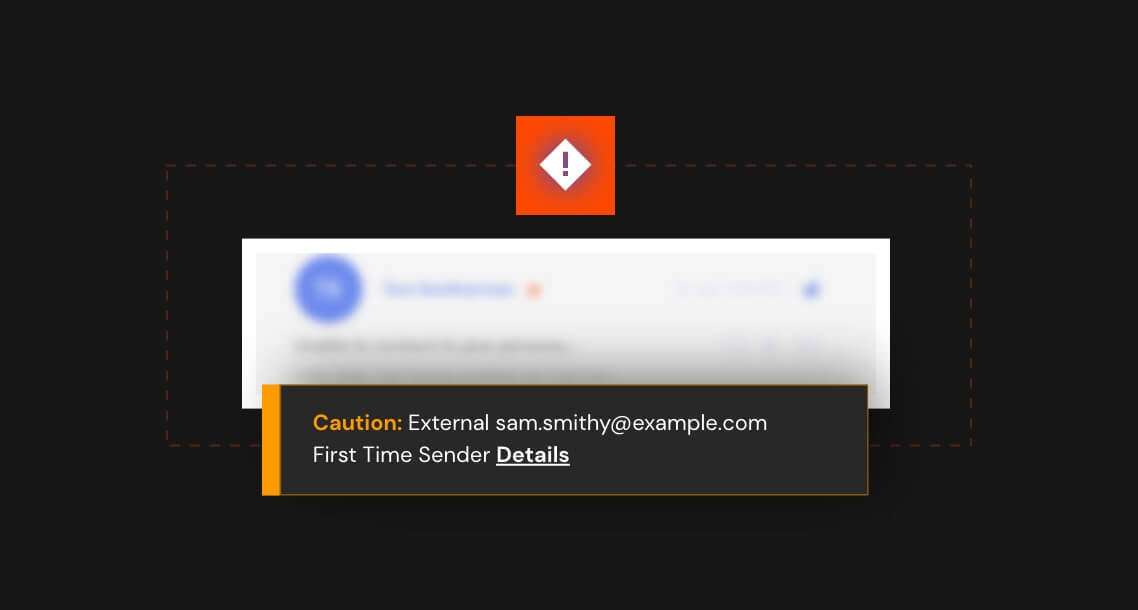
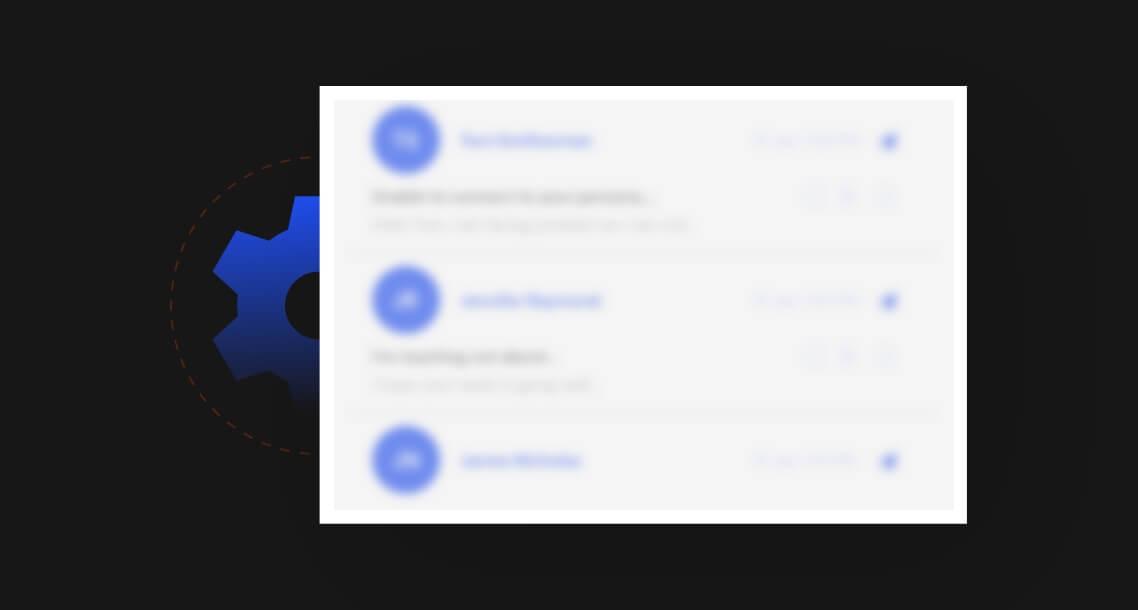
Our email security solution integrates seamlessly with your existing email infrastructure and workflow.
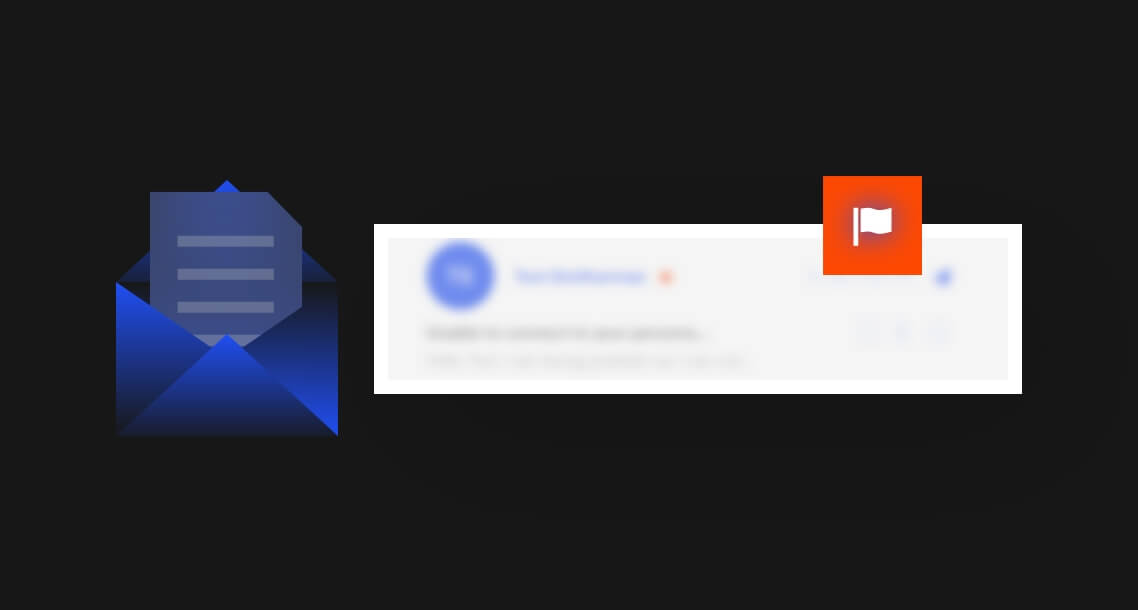
Integrate informative content and banners into emails to help your users stay on top of emerging threats and make informed decisions.
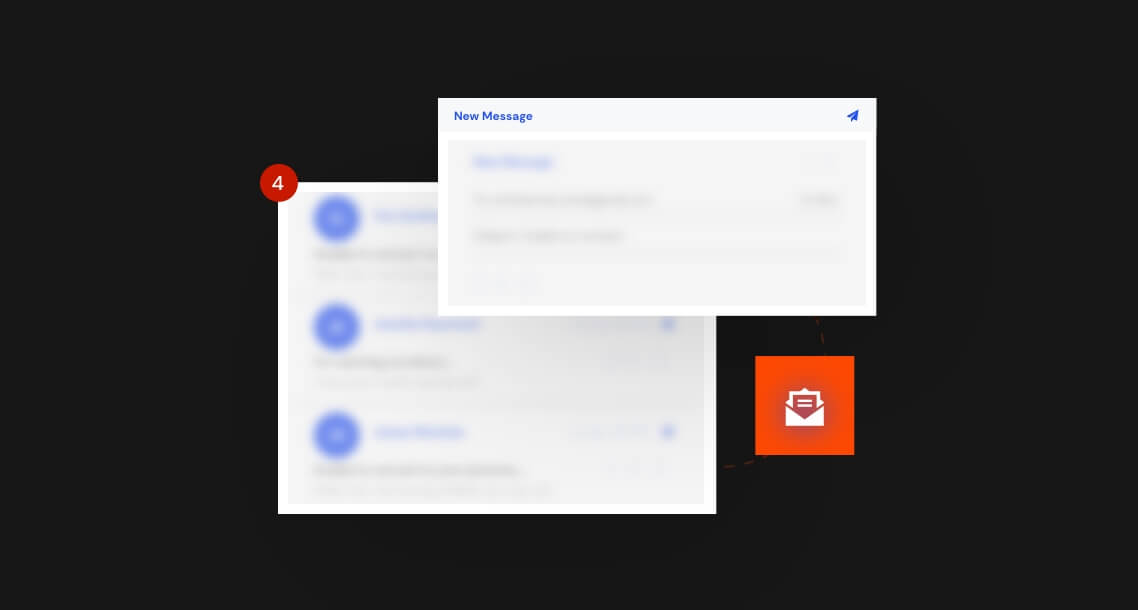
Cover both inbound and outbound email traffic with analytical capabilities that let you view your email system from all angles. Why just look at the emails your end-users send when you can monitor the whole enterprise?
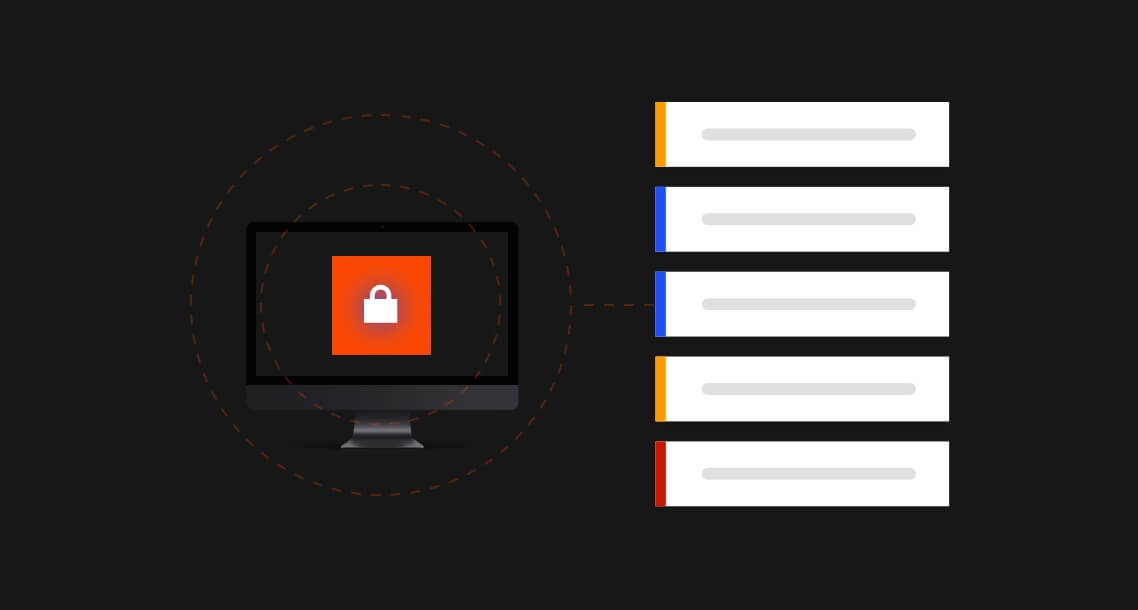
Advanced Machine Learning models continuously adapt and evolve, incorporating end-user feedback to enhance detection and protection.
Hunt backward in time leveraging today’s threat intelligence by retrospectively analyzing historical email header and body content as well as attachments for threats that may have initially slipped past your real-time defenses. Identify and neutralize potential risks sitting in the inbox before they escalate.
Gain complete visibility of your enterprise email. Explore and investigate incidents through advanced search options and easily navigate through comprehensive data to uncover actionable insights and proactively safeguard your organization.
Don’t waste a second: Our streamlined implementation process ensures that your team will have all of these tools in hand and deployed across your enterprise in less than an hour.
Go deeper, learn faster, and be ready for any threat delivered via email. Whether the threat is hitting your enterprise for the first time, or has been hiding in your users’ inboxes undetected, our integrated email security solution has the tools you need to find it, uncover it, and stop it in its tracks.